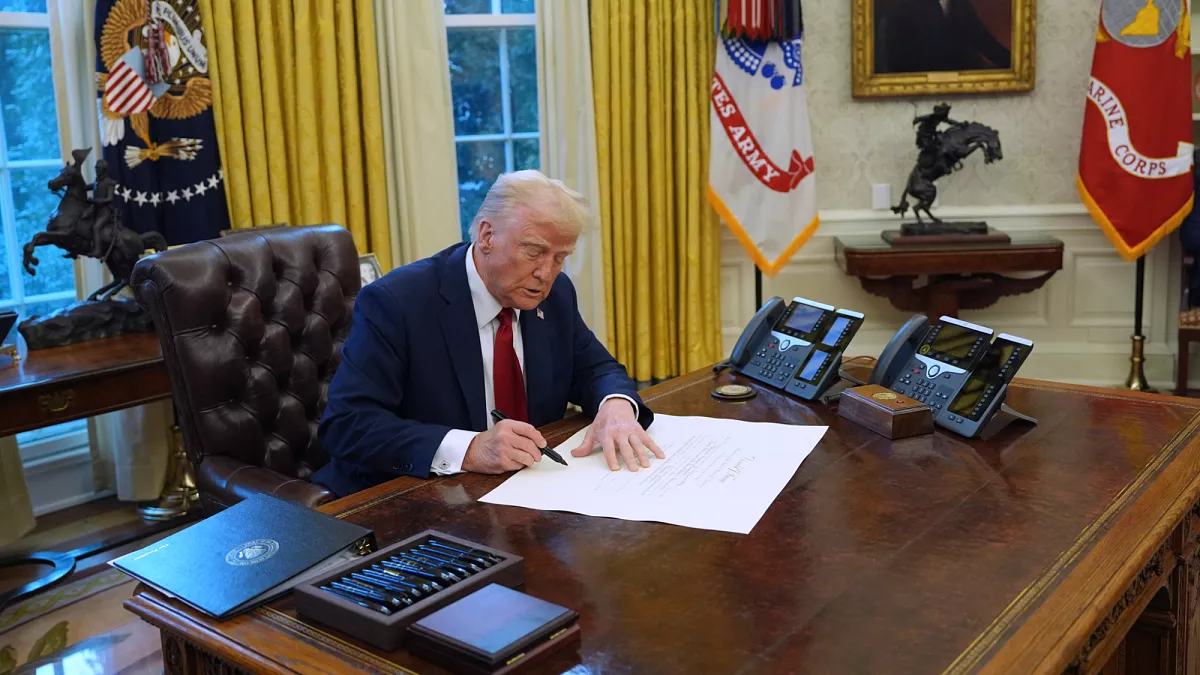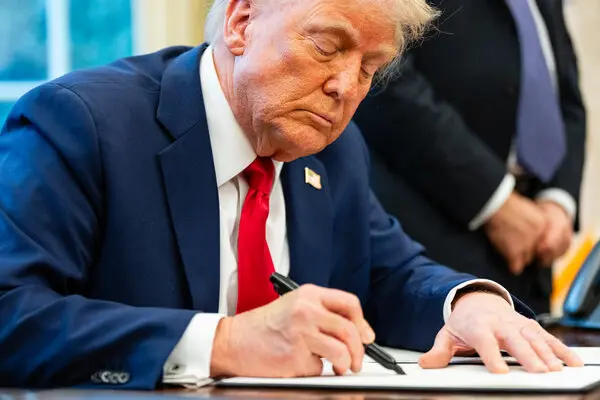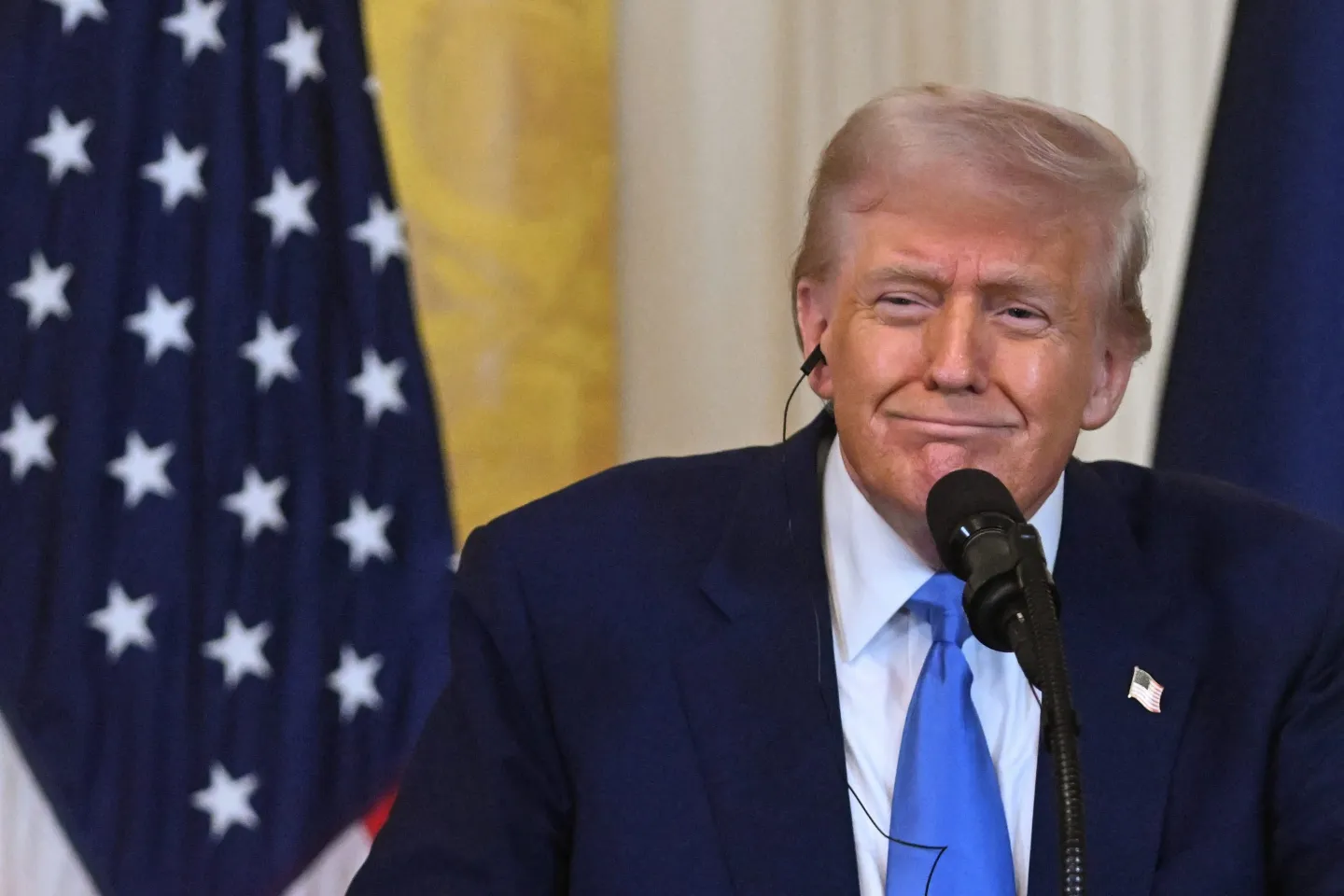Trump's Red Carpet Plan for Wealthy Foreign Investors
Former President Donald Trump is pushing a new visa policy that offers wealthy foreign investors a fast-tracked path to U.S. residency. The plan, dubbed the "Gold Card" visa, requires a $5 million investment in key industries but faces criticism for favoring the ultra-rich
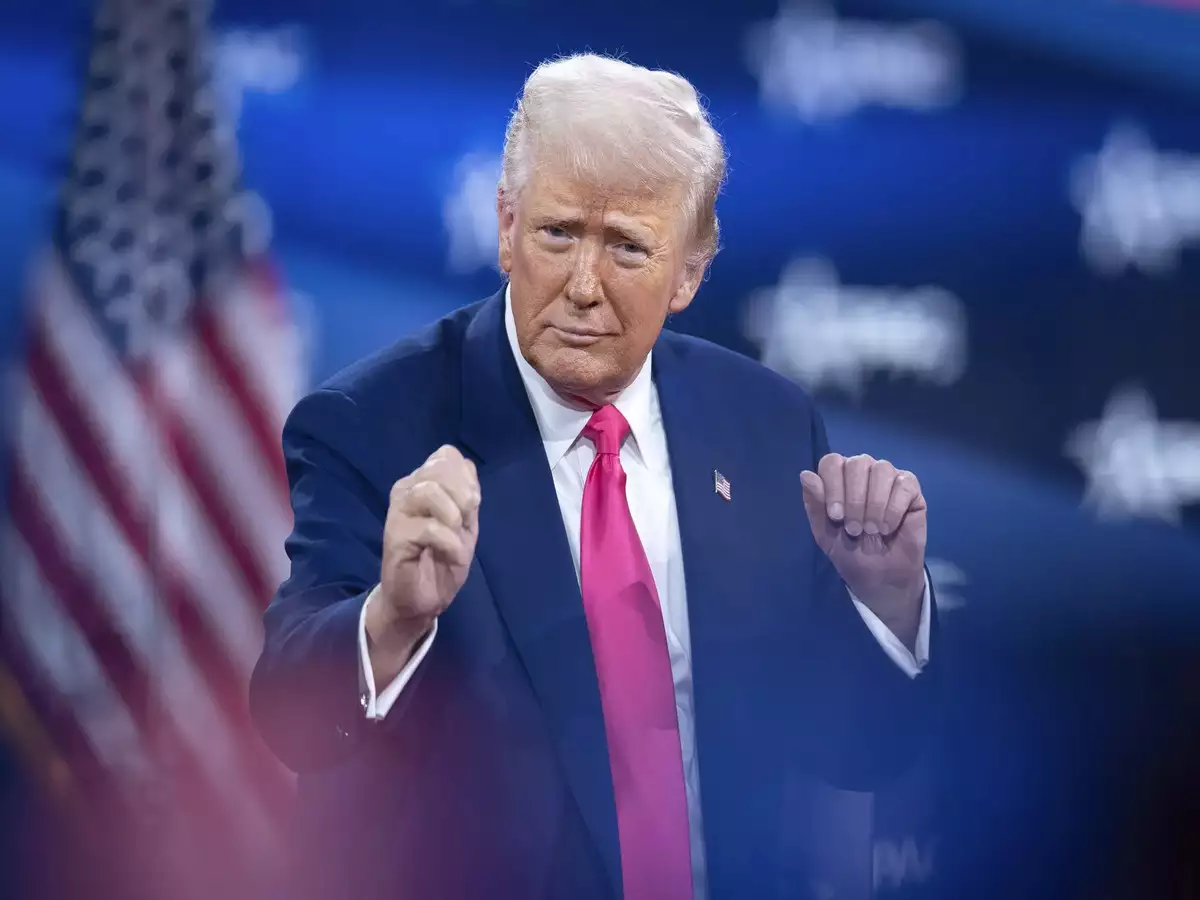
Former President Donald Trump has reignited the debate over U.S. immigration policies with his latest proposal—a $5 million “Gold Card” visa designed to attract high-net-worth foreign investors. This initiative offers a fast-tracked residency in exchange for substantial financial contributions to key U.S. industries.
While proponents argue that the policy could inject billions into the U.S. economy, critics say it prioritizes the wealthy over skilled immigrants and raises ethical concerns about selling residency. This article explores the details of the "Gold Card" visa, its economic impact, comparisons with existing programs, political reactions, and potential roadblocks.
Chapter 1: Understanding Trump’s $5 Million "Gold Card" Visa
How the Program Works
To qualify, foreign investors must commit a minimum of $5 million in U.S.-designated industries such as real estate, technology, and infrastructure. In return, investors and their immediate families will receive expedited processing for U.S. residency, bypassing the lengthy green card process. Unlike the EB-5 visa program, no job creation requirement is necessary. This allows passive investors to benefit without direct involvement in business operations. The visa is intended to bring foreign capital into the U.S., especially from wealthy individuals in Asia, the Middle East, and Europe.Key Benefits for Investors
Faster Residency: Unlike other visa programs, which take years, this initiative offers a streamlined process. Access to U.S. Markets: Investors gain residency privileges, allowing them to establish businesses and manage assets with ease. Family Inclusion: Spouses and children can secure residency without additional job or investment requirements.Chapter 2: Comparing the "Gold Card" Visa with the EB-5 Program
The Existing EB-5 Visa Program
The EB-5 Immigrant Investor Program, introduced in 1990, allows foreign nationals to obtain U.S. green cards by investing in American businesses. However, it comes with the following conditions:
Minimum investment of $800,000 (in Targeted Employment Areas) or $1.05 million elsewhere. Job creation requirement: Investors must create at least 10 full-time jobs in the U.S. Lengthy processing times: Backlogs can result in delays of 5-10 years for applicants from countries like China and India.Key Differences Between EB-5 and the "Gold Card" Visa
Feature EB-5 Visa "Gold Card" Visa Minimum Investment $800,000 $5 million Job Creation Requirement Yes No Processing Time Lengthy (years) Expedited Industry-Specific Investment No restrictions Limited to key industries Permanent Residency Yes, after investment Conditional, may require renewalTrump’s proposal eliminates the job creation requirement, making it more attractive for passive investors. However, the higher investment threshold may limit accessibility to only the ultra-rich.
Chapter 3: Economic and Market Impact
Projected Financial Gains
The proposed "Gold Card" visa could generate billions in foreign direct investment by attracting wealthy individuals looking for stable residency options.
Real Estate Boom: Wealthy investors could drive up property demand in major cities like New York, Los Angeles, Miami, and San Francisco. Technology & Infrastructure Growth: Infusions of capital could accelerate innovation and support large-scale infrastructure projects. Stronger U.S. Dollar: Foreign capital inflows may help strengthen the economy and increase market liquidity.Real-World Examples of Similar Programs
Several countries have golden visa programs similar to Trump’s proposal:
Portugal & Spain: Investors receive residency by purchasing property worth €500,000+. United Arab Emirates: Offers long-term visas for significant investments. Australia & Canada: Target high-net-worth individuals with specialized investor visas.The success of these programs suggests that a well-structured "Gold Card" visa could provide significant economic advantages to the U.S.
Chapter 4: Political and Social Reactions
Supporters’ Viewpoints
Republican lawmakers and business leaders argue that this visa could boost the economy without burdening taxpayers. Silicon Valley and Wall Street executives support the plan, believing it will bring in top-tier investors.Critics’ Concerns
Opposition comes from Democrats, immigration activists, and labor unions, who argue that:
The plan favors the ultra-rich over skilled workers and refugees. Unlike the EB-5 visa, this program does not require job creation, limiting economic benefits. It raises national security risks, potentially allowing foreign oligarchs to gain U.S. residency.Chapter 5: Legal Hurdles and Implementation Challenges
Congressional Approval
Trump’s policy would require congressional approval, which is unlikely given the divisive nature of immigration debates. Bipartisan pushback may demand additional regulations, such as enhanced background checks.Public Perception & Ethical Concerns
The idea of selling U.S. residency to the highest bidder could alienate voters, particularly among middle-class Americans. Critics argue that merit-based immigration reforms would be more beneficial than wealth-based residency programs.Chapter 6: What Happens Next?
Future Prospects
If Trump regains political influence, he may push this policy further. Other Republican leaders may propose modified versions with added safeguards. The program's success depends on legal feasibility, public acceptance, and economic viability.Latest In Media & marketing
Banking Magazine
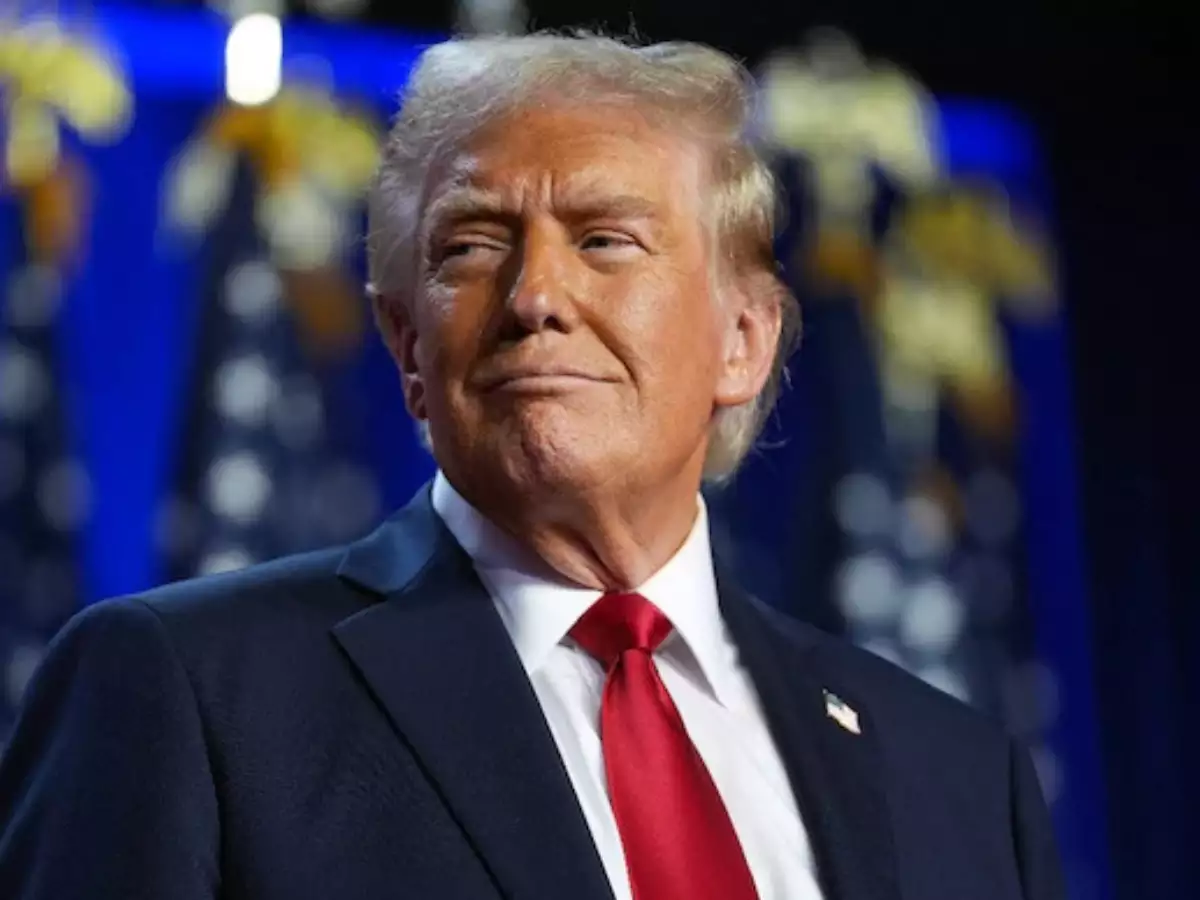
Investing Amid Volatility in Trump’s Second Term
Investment

Investment Strategies in the USA: Adapting to Policy Shifts
Finance

Stock Market Trends: The Impact of U.S. Investment Regulations
Money


